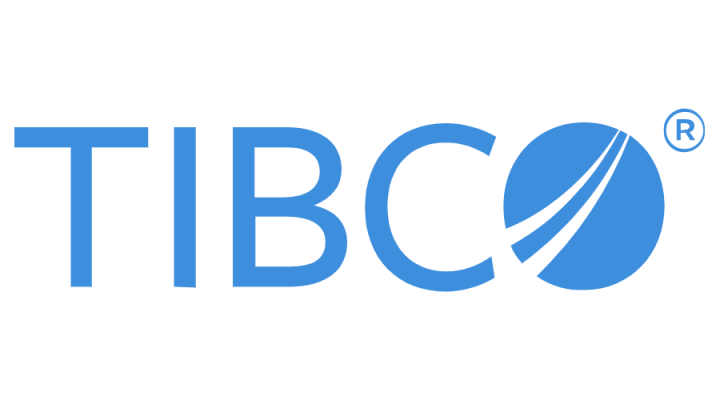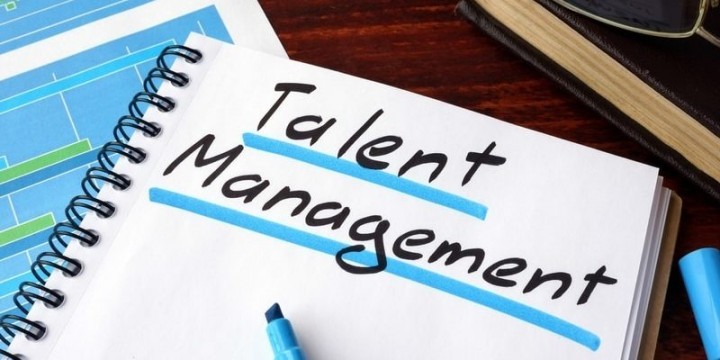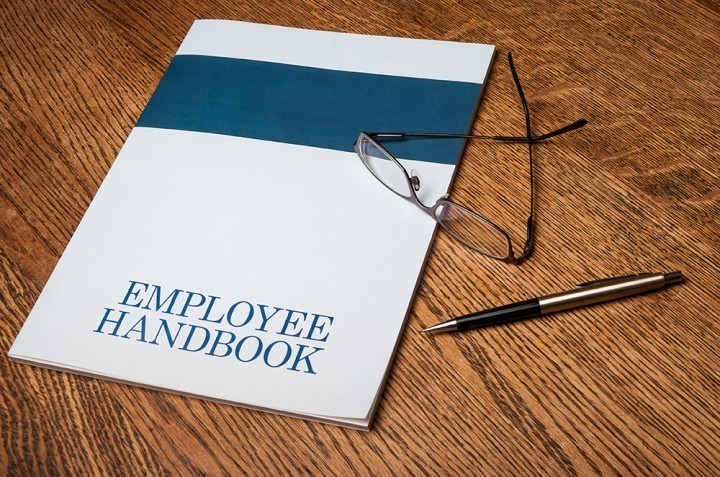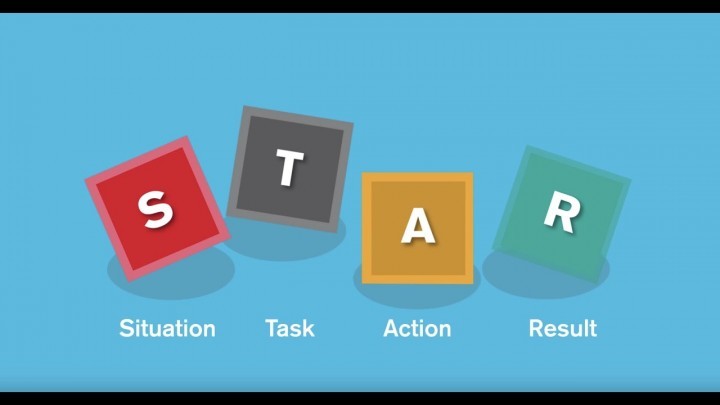
How to Manage Employee Conflicts..?
One of the biggest challenges in the workplace is working with other people. Whenever there are two or more people involved in something, the conflict will inevitably arise. It might not happen right away, and the incidents may be few and far between — but you can't avoid conflict forever. As a business owner or manager, part of your job is to identify, manage, and resolve conflict so that your employees can be more efficient and productive.
When conflict is present in a team, it can bring everything to a screeching halt. Conflict doesn’t happen in a vacuum, which is why it’s important to know HR’s role in solving it.
Conflict resolution efforts are not only important in promoting workplace collaboration, but they also help promote unity and develop cohesion in a team. There is a fine line between a toxic working environment and a conducive one, and the conflict resolution steps are very important in ensuring complete order is restored. Being a complex process, conflict resolution needs a strategic approach and in-depth understanding.
So, the sooner you can resolve the conflict, the better. Here are some suggestions from HRavailable for resolving workplace conflicts.
1. Speak to each party individually
Resolving conflict starts with finding facts. And the best way to begin finding facts is to speak with each party individually.
Find a safe and private place to speak with each person involved. Ask them a series of questions and probe what the source of the issue is (in their opinion), how it's frustrating them and what they believe the proper solution is.
As you speak to different people privately, a couple of interesting things will usually happen. First off, you'll start to notice that the details of the situation are different each time. That's not usually because people are lying. In most cases, it's because each person interprets the events differently based on their vantage point.
2. Balance Your Emotions First Before Reacting to Theirs
It’s natural that your team’s feelings will affect yours. But before impulsively reacting to their anger, you must stabilize your mood. Depending on your emotional state, you may initially respond in various ways. For instance, if you’ve been trying to manage your frustrations at work, you may initially be dismissive of team grievances, believing they need to get over it the same way you have.
If you happen to sympathize with their concerns but don’t know how to resolve them, you may start deflecting when issues come up, showing interest but then changing the subject and not doing anything about it.
3. Act as the mediator
Once you've had an opportunity to speak to the parties individually and gather facts about what's really happening, it's time to bring everyone together. Depending on how heated the conflict is, this can be a very raw and sensitive environment. However, the key is to push through.
4. Encourage small compromises
Since you've already met with each party individually, you have a decent idea of the big picture. You also know where people are willing to give up some ground. Probing these areas and getting someone to make a small compromise upfront bodes well for the rest of the resolution process.
5. Redesign your Team
Conflicts take a lot out of your team. Use this as an example and let it inspire you to prevent future conflict.
One of the best ways to pre-emptively avoid future conflict is by rebuilding a stronger team where people know and care about one another. Simple team bonding exercises work extremely well. If you're in a virtual setting, consider setting up weekly blind lunch "dates" where you randomly pair employees to share lunch over video (this may sound weird, but it works really well.)
Conflict isn't always a bad thing. If you do a decent job of handling it when it happens, conflict actually produces some positive changes and growth. But to benefit from conflict, you can't let it linger. Once an issue is solved, put it to bed. Don't allow it to be a sticking point in the future. This is one of the keys to maintaining a strong team.
6. Build Deeper Trust by Owning Your Part
Consider whether you have any blind spots in your leadership approach that may be contributing to their anger. It’s possible that you aren’t a direct cause of your team’s frustration, given the many issues that are raising the ire of employees these days. But as their leader, how you engage with them collectively and individually can either exacerbate tension or improve trust.
HRavailable keeps you updated on the latest news in the UAE job market.
Get to know more in-depth knowledge on various HR-related topics visit HRavailable.
HRavailable keeps you updated on the latest news in the job market.
Get notified about the latest job openings through HRavailable and never miss a chance to get noticed by recruiters.















































































































































